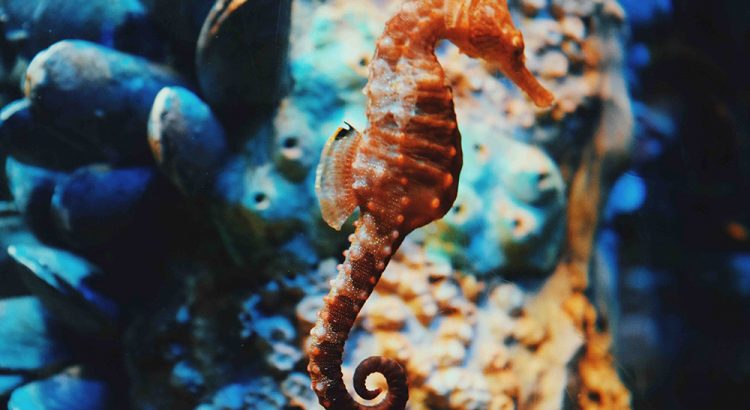Biologists study living organisms and their relationship to the environment. They perform research to gain a better understanding of fundamental life processes or apply that understanding to developing new products or processes. Most specialize in one area of biology, such as zoology (the study of animals) or microbiology (the study of microscopic organisms).
Low End Salary: $39,180/yrMedian Salary: $59,680/yrHigh End Salary: $97,390/yr |
 |
Education:
A Ph.D. degree usually is necessary for independent research, industrial research, and college teaching, as well as for advancement to administrative positions. A master's degree is sufficient for some jobs in applied research, product development, management, or inspection; it also may qualify one to work as a research technician or a teacher. The bachelor’s degree is adequate for some non-research jobs. In addition to required courses in chemistry and biology, undergraduate biological science majors usually study allied disciplines such as mathematics, physics, engineering, and computer science. Computer courses are beneficial for modeling and simulating biological processes, operating some laboratory equipment, and performing research in the emerging field of bioinformatics
Math Required:
College Algebra, Geometry, Trigonometry, Calculus I and II, Statistics
When Math is Used:
Biologists use math as they plot graphs to help them understand equations, run small “trial and error” tests with some sample numbers when developing algorithms, and use the R project for analyzing protein sequences and structures. Biologists also use software with a lot of underlying mathematics.
Potential Employers:
About 39 percent of all biological scientists are employed by Federal, State, and local governments. Federal biological scientists work mainly for the U.S. Departments of Agriculture, Interior, and Defense and for the National Institutes of Health. Most of the rest work in scientific research and testing laboratories, the pharmaceutical and medicine manufacturing industry, or colleges and universities.
Facts:
Biologists who leave the field generally look for a career that will satisfy both their scientific and social interests. They become doctors, veterinarians, laboratory managers, statisticians, and even dentists at a higher salary than do those who leave most other professions
Citations:
http://www.bls.gov/oco/ocos122.htmhttp://www.princetonreview.com/Careers.aspx?cid=24http://econ.byu.edu/Courses.dhtmlhttp://www1.salary.com/stock-broker-Salary.htmlhttp://www.bls.gov/oes/current/oes191023.htm

